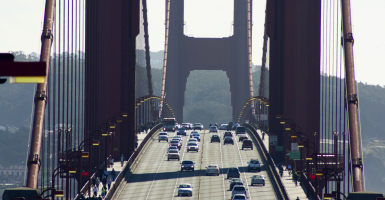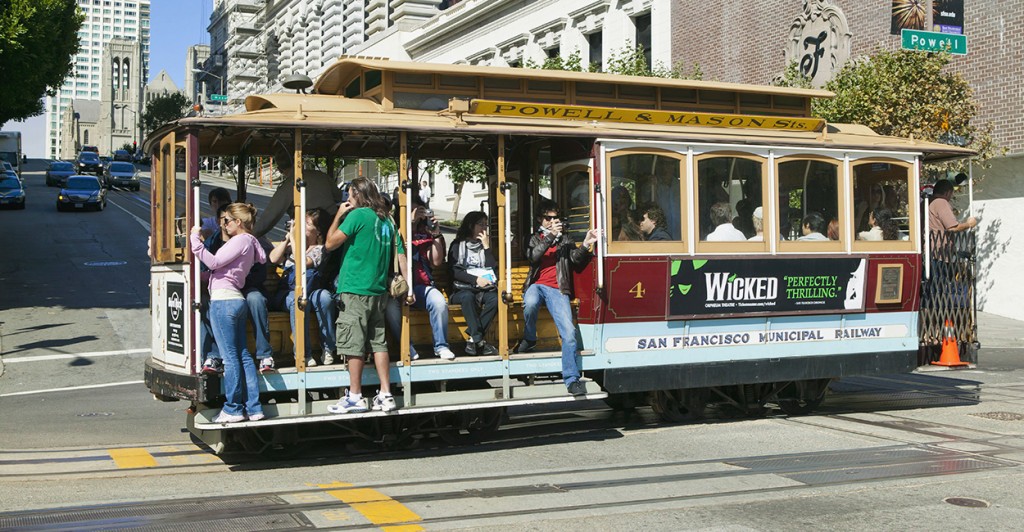Employers in the San Francisco Bay Area are adjusting to a new regulation this month that requires them to provide commuter benefits to employees.
The Bay Area Commuter Benefits Program mandates private, public and non-profit companies with 50 or more full-time employees to offer commuter benefits in an effort to “improve air quality and reduce traffic congestion.”
On Sept. 30, employers in the Bay Area Air Quality Management District—which includes nine counties in Northern California—had to comply with the new program or face civil penalties up to $10,000 per day under California’s air pollution control laws.
“We believe this is an effective way to reduce air pollution, congestion, and even stress of workers. This saves workers and employers money while cleaning the air,” Tom Flannigan, a public information officer at the air district, told the Contra Costa Times.
The program requires employers to offer one of four designated benefit options:
- Allow employees to exclude up to $130 of transit or vanpooling costs from their taxable income each month.
- Provide a transit or carpool subsidy up to $75 per month per employee.
- Offer a low-cost or free shuttle, vanpool or bus service to employees.
- Provide a substitute benefit proven to be equally effective in reducing single-driver commuter trips and/or carbon emissions.
In addition, employers are required to register online and update their company information annually with the Bay Area Air Quality Management District and Metropolitan Transportation Commission, identify an employee as a “commuter benefits coordinator,” and document the program’s implementation.
Nick Loris, an economist at The Heritage Foundation, believes local government has no place mandating how private-sector employers handle their workers.
“Private companies know how to best compensate their employees. They shouldn’t be forced to nudge people into politically-preferred choices. Individuals can make choices on how to get to work without help from government officials,” said Loris, Heritage’s Herbert and Joyce Morgan fellow.
In June 2013, the Pacific Research Institute published a report aimed at evaluating the Bay Area’s long-term plans on transportation, housing and environmental protection in which Wendell Cox, a visiting fellow at The Heritage Foundation and expert on urban planning, warned of the potential consequences of adopting a “Commuter Benefits Ordinance.”
“This strategy seems unlikely to yield a material difference in [greenhouse gas] emissions,” wrote Cox, adding that such a program “could further impair the competitiveness of the Bay Area by discouraging expansion of firms and new businesses attraction because of the higher costs the strategy would impose.”
Update: This story was updated on 10/17/14 to change the inclusion of carpooling as a tax-exempt commuter benefit to vanpooling.






























